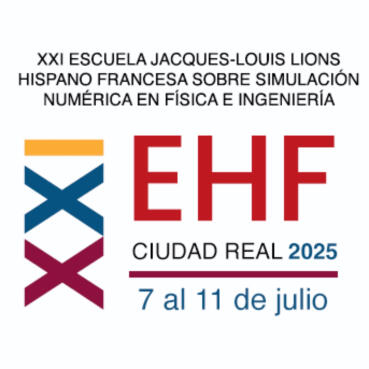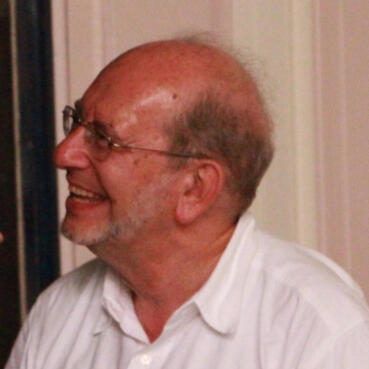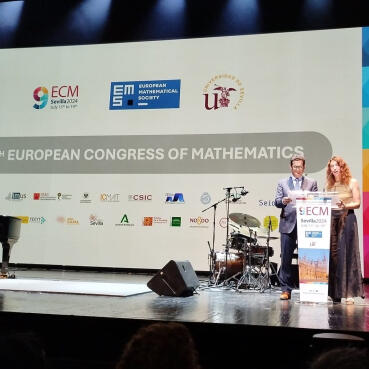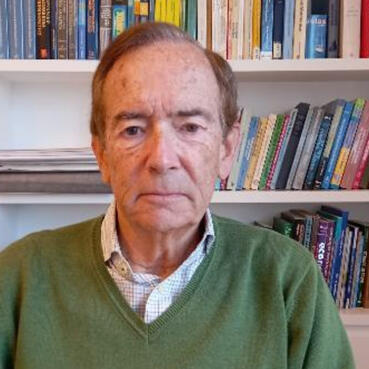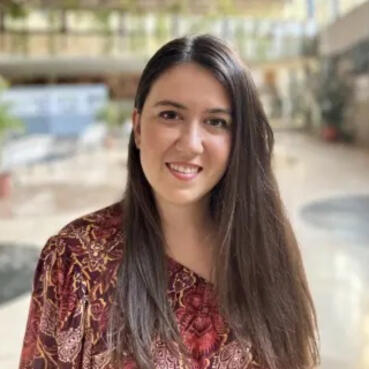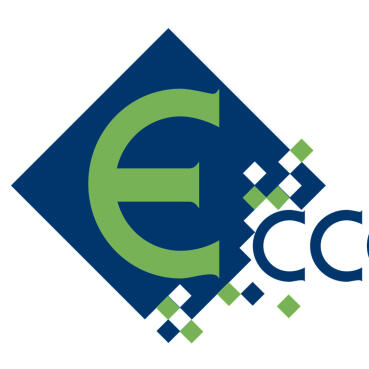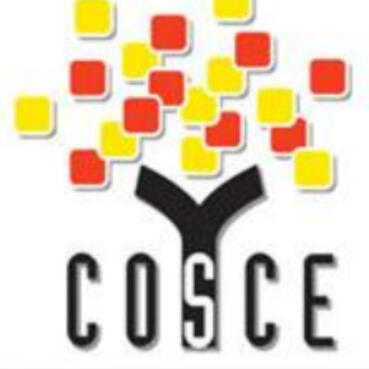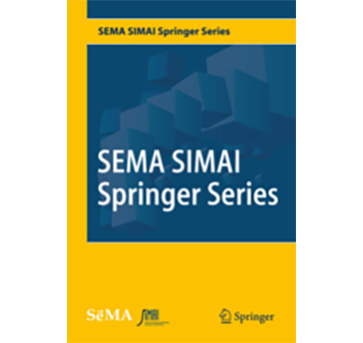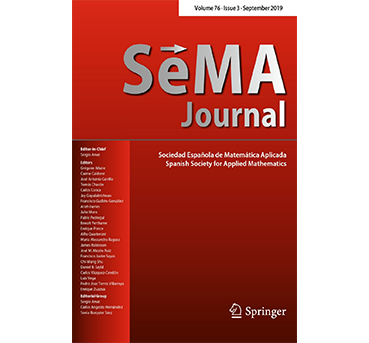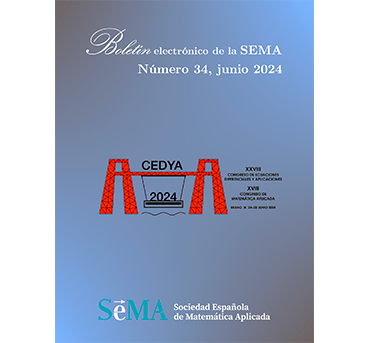
Convocatoria de seis plazas de PostDoc en la Unidad de Investigación iMAT de la Univ. de Sevilla

The postdoctoral fellows are expected to apply to one or two (at most) of the strategic iMAT research topics described below.
The initial term of the position is for 1 year, with the possibility of extension for one additional year, based on performance evaluation. The gross annual salary of the Fellowship will be 25.000€ - 29.000€ according to experience. There is a moving allowance for those researchers that come from a research institution outside Andalusia region up to 2.000€ gross. And a family allowance up to 2.000€ gross. The appointment involves healthcare and social security insurance within the national Spanish health system.
The postdoctoral fellow will become a key member of iMAT Unit, by developing excellent research, supervising PhD. and MSc. students, and helping to attract new talents and funds. The iMAT Unit is located at the University of Seville, and participated by the Universities of Cádiz and Malaga.
The postdoctoral position is due to start as soon as possible, and will be funded by the Qualifica Excellence Program awarded by the Andalusia region government (Junta de Andalucía).
The candidate is expected to have:
- A PhD or equivalent, preferably in a subject related to the strategic topic chosen.
- An excellent command of the English language, both orally and in writing.
- Ability to present results in technical reports, and prepare scientific papers for publication in international journals.
Interested candidates are kindly requested to prepare an application form in English containing:
- Cover letter (max. 1 page). It should specify the strategic iMAT research topic or topics (max 2) the candidate is interested to apply to.
- CV, including list of publications, track-record of major achievements, work experience, and summary of educational background.
- Contact details of at least three references.
The selection of applicants will be performed in two stages. In the initial stage applications should be sent UNTIL JULY 24, 2022, IN A SINGLE PDF FILE to imat@us.es with the candidate’s full name in the subject line. Pre-selected candidates should present a formal application in due time. They will be assisted by iMAT’s administration services.
Further technical information on the position and the application procedure can be obtained by sending your inquiry to imat@us.es as well. All qualified candidates irrespective of age, gender, disability, race, religion or ethnic background are encouraged to apply.
Strategic iMAT research topics
Topic 1: Mathware for the operation and planning of intelligent and sustainable energy systems
PIs in charge: Juan M. Morales (University of Málaga) & Emilio Carrizosa (University of Seville).
Description: Design, development and implementation of tools for the planning and operation of coupled gas-electric energy systems, with the possibility to transport hydrogen (mixed) through the gas infrastructure, and of active distribution networks (smart grids). These tools will be based on Mathematical Optimization and Data Science and require the design, study and implementation of algorithms and/or procedures to solve large non-convex optimization problems with integer variables. These algorithms and/or procedures may range from convex (conservative) approximations and decomposition methods to the application of math- heuristics.
Topic 2: Complex and harmonic analysis, operator theory, and special functions.
PIs in charge: Manuel D. Contreras, Antonio J. Durán (University of Seville) & José Ángel Peláez (University of Málaga).
Description: Our research group has a wide and long-time research experience in operator theory between spaces of analytic functions, geometric function theory, complex dynamics, real and harmonic analysis, and special functions. The chosen applicant will be member of the group made up by the senior researchers M.D. Contreras, G. Curbera, S. Díaz-Madrigal, A. J. Durán, D. Girela, F.J. Martín-Reyes, J.Á. Peláez, L. Rodríguez-Piazza, and M.C. Reguera in the universities of Málaga and Sevilla. They could work in some challenging open problem of the existing research lines or adding a new one related to the previous topics.
Topic 3: Control, Controllability and Inverse Problems for PDEs. Applications.
PIs in charge: Enrique Fernández-Cara & Manuel González Burgos (University of Seville).
Description: Control results for Navier-Stokes systems and variants. Applications to fluid dynamics; Control and inverse problems for free-boundary systems; Controllability of coupled parabolic systems; Inverse problems for degenerate PDE’s; Numerical aspects and related applications.
Topic 4: Post-quantum cryptanalysis: group theory, complexity and machine learning.
PIs in charge: María Cumplido, Juan González-Meneses (University of Seville) & Antonio Viruel (University of Málaga).
Description: The aim of this project is to study thoroughly the combinatorial and geometric problems arising from post-quantum cryptographic schemes based on Group Theory problems (conjugation problem, simultaneous conjugation problem, word problem, root computing problem, ...), specifically those related to Artin and braid groups. The appointed researcher is expected to have a strong background on these topics and a good command on programming (C++, Python and/or Julia), as the project should include practical implementations of the developed algorithms.
Topic 5: Sustainable logistics and transportation: Optimization algorithms
PIs in charge: Justo Puerto (University of Seville) & Antonio M. Rodríguez-Chía (University of Cádiz)
Description: The goal of this proposal is to solve the mathematical challenges addressed in the logistics field. Specifically, the expected achievements are:
- Integration of different aspects of supply chains and transportation systems. Analysis of new objective functions oriented to robustness, resilience and sustainability of general logistic chains and transportation systems.
- Development of algorithms for the integrated problems optimizing transportation systems and logistic chains.
- Game theoretic approaches of fair and stable solutions in logistic chains and transportation systems.
- Applications in complex systems with different levels of integration: smart cities and territories.
Topic 6: Reduced Order Modeling techniques for advection dominated geophysical flows,
PIs: Manuel J. Castro Díaz (University of Málaga), E.D. Fernández Nieto, Samuele Rubino (University of Seville).
Description: The main objective of is to extend Reduced Order Modeling (ROM) techniques to the application of multi-parameter geophysical flows, in particular, to problems related to tsunami or landslide modeling. The second objective is to propose new strategies in the ROM framework for advection-dominated problems for non-smooth solutions. The models and techniques developed during this contract could be incorporated into existing Early Warning Systems.
Topic 7: Mathematics applications for biological systems
PIs in charge: Soledad Fernández García, , Francisco M. Guillén González, José Antonio Langa Rosado, María Teresa Pérez Pérez (Mayte Pérez-Llanos for publications).
Description: Tumor PDE models involving taxis effects: modelling, analysis, control of therapies, design of efficient schemes and numerical simulations. Modeling and simulation of neuroendocrine processes through slow-fast dynamical systems. Neuron synchronization/desynchronization phenomena, a key problem in neurodegenerative diseases. Game Theory and Nonlocal PDEs applied to competence of species in Agriculture. Biological Models in Ecology: understanding the dynamical complexity of real-world phenomena in Evolution and Coexistence Theory.
More information available in: https://institucional.us.es/unidadimat/
